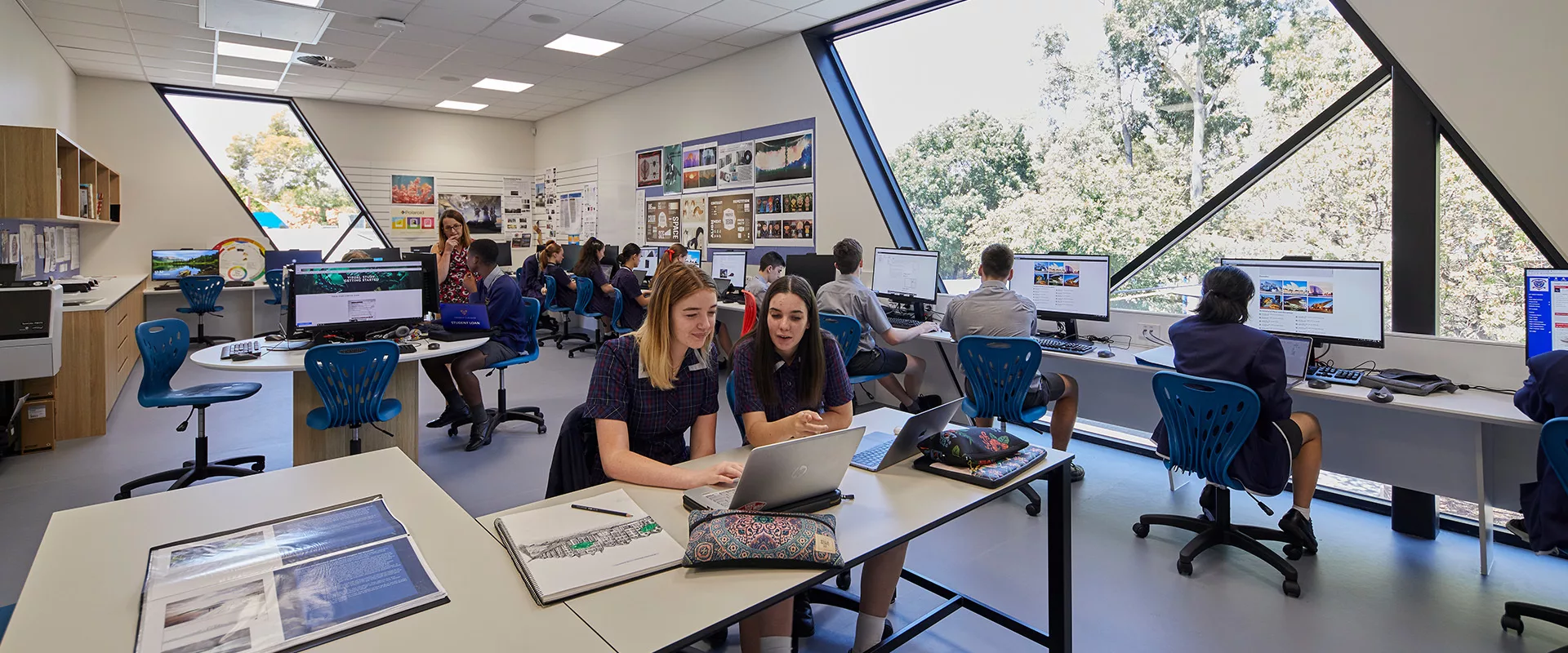Certificate in Future Oriented Learning

Innovative Pedagogical Approaches to The Languages Curriculum Lead to An Increase in Student Self-Efficacy
This research intends to address the issue of whether an innovative pedagogical approach to the language curriculum, built around principles of experiential and embodied learning (Paniagua & Istance, 2018), improves student self-efficacy (Bandura, 1982, Bandura et al., 1999, Bandura, 2004, Cassidy, 2015).
Contemporary schools have entered a period of systemic change where leveraging complexity dynamics can facilitate the development of 21st century skills (Uhl-Bien et al., 2007). Effective second language acquisition occurs if we can adopt a bi-lingual or cross-curricular approach and integrate languages with other areas of the curriculum (Scarino, Liddicoat, & Kohler, n.d., Cross, 2010, Coyle, 2007a, Coyle, Hood, & Marsh, 2010, Coyle 2010). This supports the rich connectivity (Uhl-Bien and Arena, 2017) of complexity theory, where developing networks between isolated curriculum clusters, both physically and in the minds of learners, can enable us to create a phenomenon of learning excellence (Mason, 2008).
Based on the premise that a student learns when they can create something original which connects their learning to their future self (Fine & Mehta, 2019), can the application of creative and innovative solutions to real world situations, enhance student self-efficacy in a language?
Our investigation will involve a case study of year 10 French learners, focusing on the impact of pedagogical innovation, centred around experiential and embodied learning principles (Paniagua & Istance, 2018) during the introduction of an Integrated Learning SACE focused on French for business purposes, to run in conjunction with the Acara French curriculum in Semester 2 of year 10. We will be implementing mastery experiences and offering students the opportunity to overcome obstacles through persistence in order to track improvements in self-efficacy.
Enthusiasm, teacher-passion and a variety of activities to engage the learner are keystones of an effective language programme (Lo Bianco & Aliani, 2013), and our aim is to provide data that will influence the design of the language curriculum in our school context as well as improve understanding of how we can enact innovative pedagogy in the context of languages.
The Subject Proposal Outline that was prepared for school and curriculum leaders at the end of 2019 demonstrates that this approach is a departure from the current program of study for foreign languages in our school context (Appendix A). Whilst initial plans have had to be altered significantly due to Covid 19 restrictions, with increased reliance on finding alternatives to the incursions and excursions that were initially planned, generating evidence through this project could significantly alter the foreign language curriculum in our school context.


